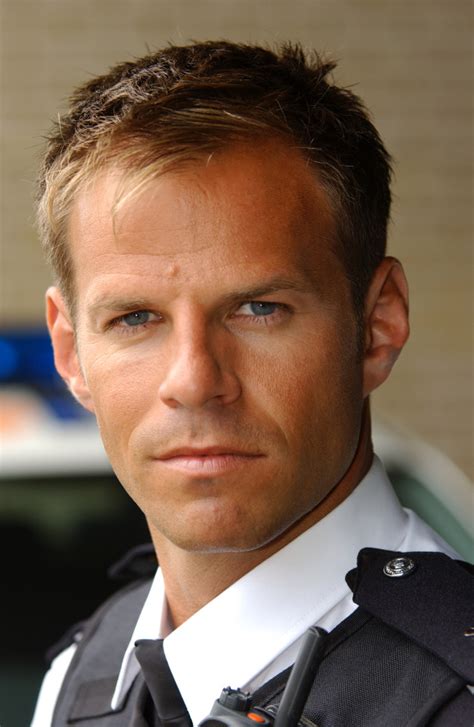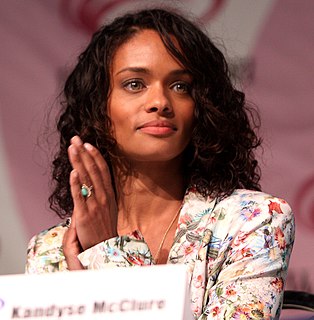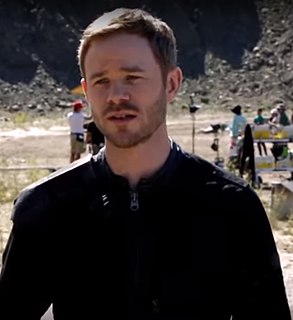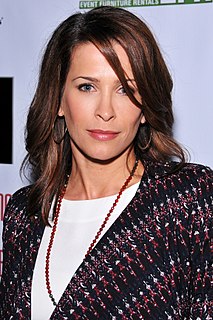A Quote by Robert J. Sawyer
Sci-fi is just as much about social science as technology.
Quote Topics
Related Quotes
I've actually found that most of my jobs have been in sci-fi. I realized it because sci-fi has the biggest fan following. Every time I do a play in London all these sci-fi fans come out. They ask me to sign things from all these little projects that I did. I hadn't even made the connection. It doesn't always have a spaceship and guns; sci-fi has been projected on in someway. I did Never Let Me Go, which is sort of Star Trek-y. It's about the future and training humans. It's sci-fi too. It's such a broad umbrella.
Sci-fi uses the images that sf - starting with H.G. Wells - made familiar: space travel, aliens, galactic wars and federations, time machines, et cetera, taking them literally, not caring if they are possible or even plausible. It has no interest in or relation to real science or technology. It's fantasy in space suits. Spectacle. Wizards with lasers. Kids with ray guns. I've written both, but I have to say I respect science fiction enough that I wince when people call it sci-fi.
When I was a kid growing up in the '80s, the BBC showed those old Buster Crabbe serials like Flash Gordon and Buck Rogers. So instead of ponderous sci-fi or depressing sci-fi or dystopian sci-fi and all the things we're kind of used to, where it's always raining and it's always dark, I thought, "Wouldn't it be nice to do something that was just fun and absolutely nonstop?" Like, I love writing action, and this thing is that. It's all action.




































